Gone But Not Forgotten: Remembering Those Sudan Lost in 2018
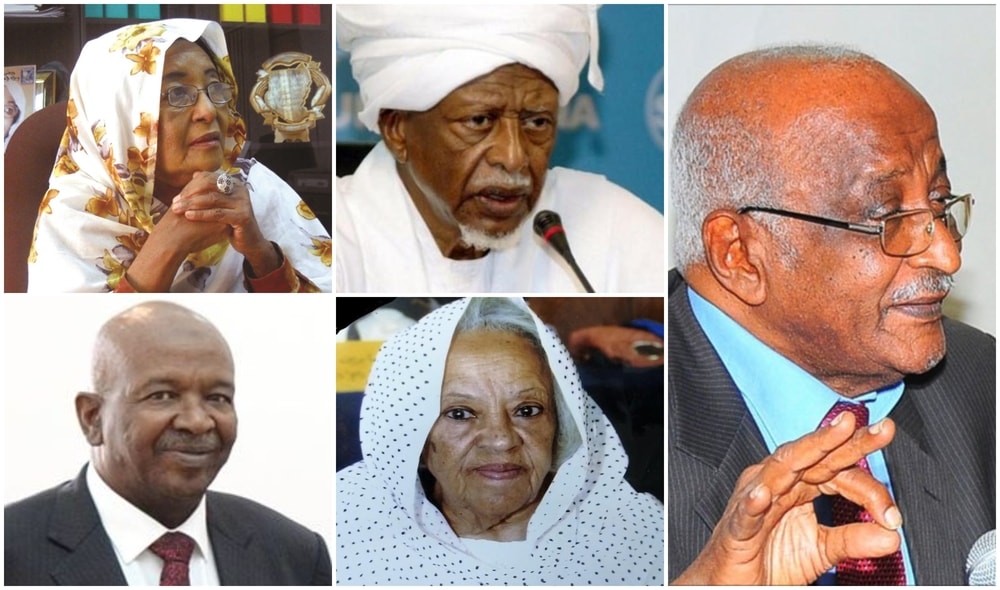
2018 has almost come to an end and this year we lost many extraordinary characters that helped shape Sudan in one way or another.
As the world mourned the loss of Stephen Hawking, Kofi Anan, Aretha Franklin, Anthony Bourdain, Stan Lee and many more, Sudan was mourning the loss of some of the country’s greatest national and social contributors.
500 Words Magazine takes a look back at 2018 to honour and bid farewell to the luminaries Sudan lost this year.
Abdel Rahman Siwar Al Dahab (1935 – 2018)
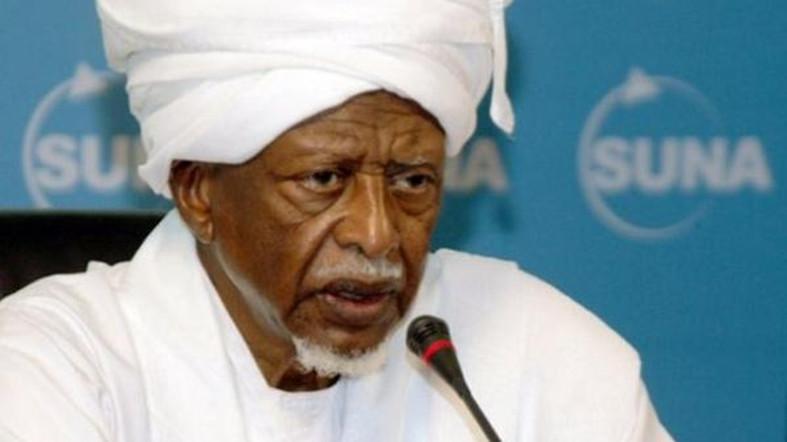
Often referred to as ‘رجل من هب’, ‘Man of Gold’, Al Dahab served as the fifth president of Sudan from 1985 – 1986. Born in Al Obaid, Sudan in 1935, Al Dahab graduated from the Sudanese Military Academy in 1956. He was later appointed as Chief of Staff by former President Gaafar Nimeiry at the age of 20. When he was expelled from Sudan to Qatar, he served as military advisor to Sheikh Khalifa bin Hamad al Thani. He was the first to separate the army from the police in Qatar and establish two independent entities, Qatar Police and the Qatari Armed Forces. After he returned to Sudan, he served as general commander of the armed forces and defense minister in 1984.
In the popular uprising of 1985, Al Dahab launched a coup d’état overthrowing President Gaafar Nimeiry, who ruled Sudan since 1969. Al Dahab then became the Chairman of the Transitional Military Council until elections could be held. He served as the president of Sudan from 1985 to 86. Keeping his promise and portraying a unique character, Al Dahab surrendered power to the elected government in 1986.
Al Dahab then became chairman of the Islamic Dawa Organisation in Sudan in 1987 and avoided politics. Through the organisation, he worked on the advocacy of Islam and providing relief campaigns across Sudan during national disasters and subsequent shortages of food, medical supplies and shelter.
In 2004, he won the King Faisal Prize for those who provided great services to Islam. He presented several studies and research in several conferences on Islam and was a member of 11 Islamic and international institutions.
Al Dahab has always been vocal about issues in the Middle East and North Africa (MENA) region including the Palestinian cause (calling on the international community to protect Palestinians from Zionists) and the recent Qatar blockade (calling on Saudi Arabia to end the crisis).
Al Dahab died on 18 October 2018 in Al Riyadh, Kingdom of Saudi Arabia (KSA) at the age of 83. He was buried in Medina in the Bekaa tombs and became the first Sudanese president to be buried abroad. His death was mourned across the region with leaders of Saudi Arabia, Qatar, UAE, Jordan and others offering their condolences to Sudanese President Omar Al Bashir.
Amin Mekki Medani (1939 – 2018)
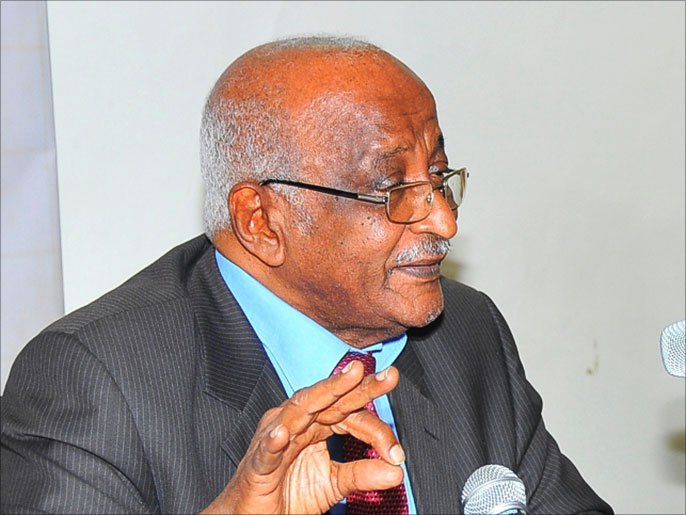
Another inspirational character that we lost this year is Dr Amin Mekki Medani who passed away on 31 August 2018 at the age of 79. Dr Medani left behind a legacy with many outstanding achievements. He was a prominent lawyer, human rights defender and head of the Sudan Civil Society Initiative.
Born on 2 February 1939, Dr Medani graduated with honours from the University of Khartoum, Faculty of Law in 1962. In that same year, he worked in the Sudan Judiciary. On receiving a diploma in civil law from the University of Luxembourg, he went on to pursue a Latin Legum Magister or Masters in Law at the University of London, graduating with distinction. In 1965, Dr Medani joined the staff of University of Khartoum to teach law. In 1970, he completed his PhD in Comparative Criminal Law at the University of Edinburgh.
Throughout his vast distinct career, Dr Medani was the Chairman of Board of Trustees of the Arab Organization for Human Rights; President of the Sudanese Observatory for Human Rights; and held several positions in the United Nations, and served in Palestine, Croatia, Afghanistan, Lebanon and Iraq as representative of the Office of the High Commissioner for Human Rights (OHCHR) or legal advisor to the Special Representative of the UN Secretary-General.
In addition, Dr Medani has published articles in Arab Periodicals and Journals. His work was acknowledged by the Human Rights Watch (HRW) and American Bar Association.
Dr Medani dedicated his life to the protection and promotion of human rights and the rule of law in Sudan and the rest of the world especially Palestine. However, in defending the rights and liberties of people in Sudan and vocally opposing the current Sudanese government, Dr Medani was subjected to many acts of oppression, detention, persecution and harassment. Regardless, his fight against impunity to promote human rights in the world empowered many.
Fatima Abdel Mahmoud (1944 – 2018)
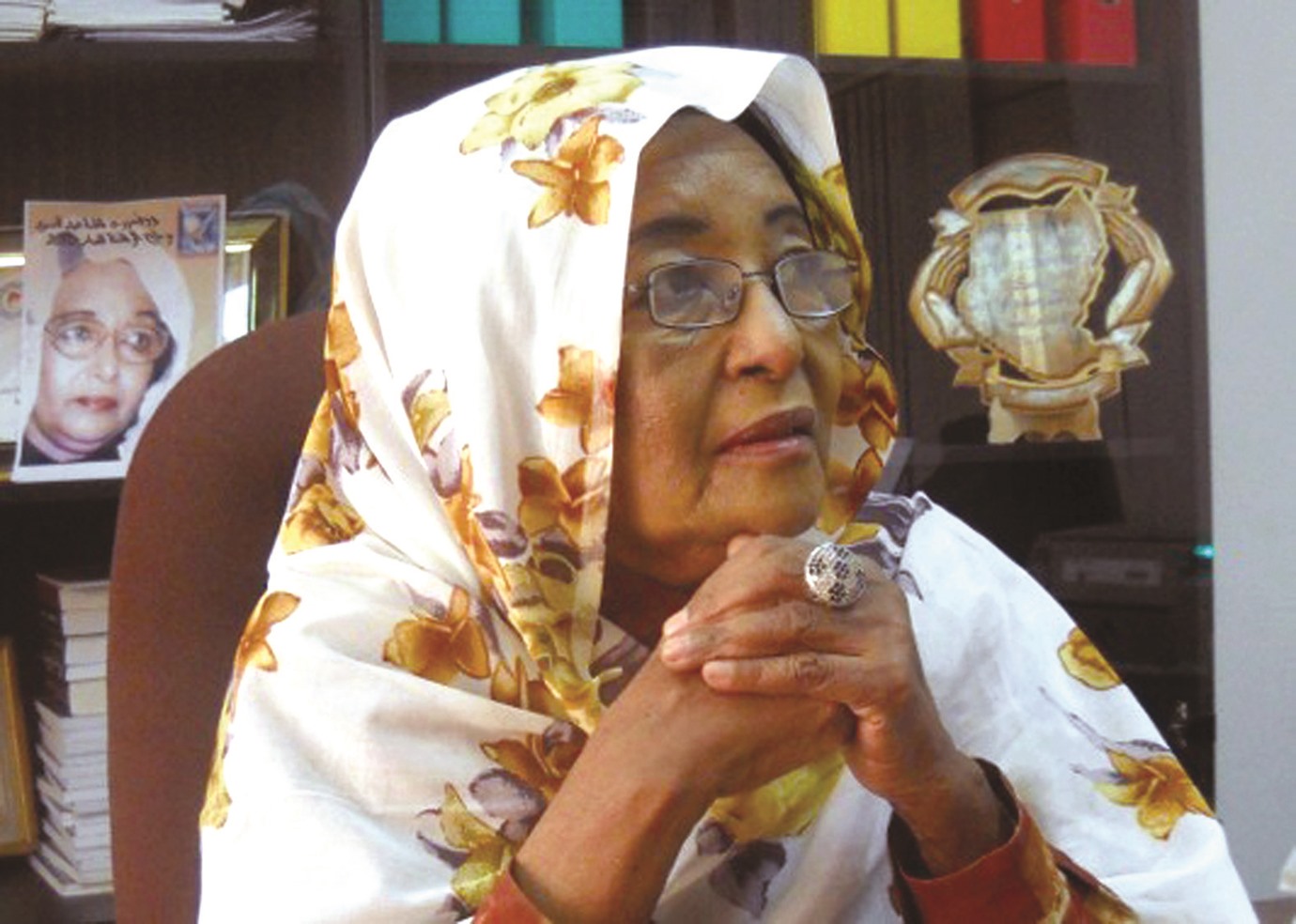
Abdel Mahmoud was a politician and leader of the Sudanese Socialist Democratic Union. She was first woman to hold political office and was Sudan’s first and only female presidential candidate. She ran for presidency in the 2010 general elections.
Abdel Mahmoud died in London at the age of 74. Born in Omdurman in 1944, she studied medicine in Moscow, Russia where she was awarded a master’s degree in Public Health. In 1973, Abdel Mahmoud was appointed Deputy Minister of Youth and Social Affairs.
She also served in the parliament for 10 years and was also a member of the Shura Council of Sudan Women’s Union. Abdel Mahmoud also served as the UNESCO Chair for Women in Science and Technology.
In 1984, Abdel Mahmoud obtained a master’s degree in Pediatrics, Family Health and Women’s Development from Columbia University. In 1987, she moved to Abu Dhabi where she taught at several international universities and established the Gulf Company for Petroleum Consultancy.
Portraying immense will power, Abdel Mahmoud again ran for presidency in the 2015 general election, where she came a distant third in the presidential election; but her party did not gain a seat in the National Assembly of Sudan.
Haider Ahmed Daffallah (1952 – 2018)
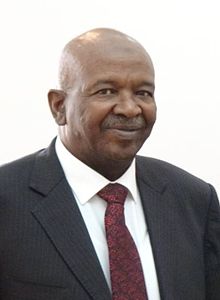
Professor Haider Ahmed Daffallah served as the 15th Chief Justice in Sudan; President of the National Supreme Court, the highest-ranking and presiding judge in the Supreme Court; and also head of administrative functions. Daffallah was born on 1 January 1953. He pursued a career in law, graduating from Nilen University in 1976.
In 1986, Dafallah became a Public Court Judge, he then obtained a PhD in law from University of Cairo, Egypt and transitioned to the role of an Appeal Court Judge in 1992. By 2000, he was a Supreme Court judge.
Dafallah was a member of the Scientific Advisory Committee of the Faculty of Police and Law at the Nile Valley University; member of both the Sudanese and International Association of Criminal Law; a member of the Preparatory Committee of the Board of Trustees of the Founding Union of Sudanese Jurists; Chairman of the Legal Committee for the preparation of civil registry in Sudan; and a member of the Committee for Reviewing and Consolidating Laws. From 1996 to 2002, he served as a judge presiding over the courts of justice in Qatar.
In 2008, Dafallah became the vice president of the Training Department of the Judiciary and later, he headed the department.
Daffallah passed away on 24 November 2018 and he was buried in the Ahmed Sharfi cemetery in Omdurman.
Haja Kashif Badri (1930 – 2018)
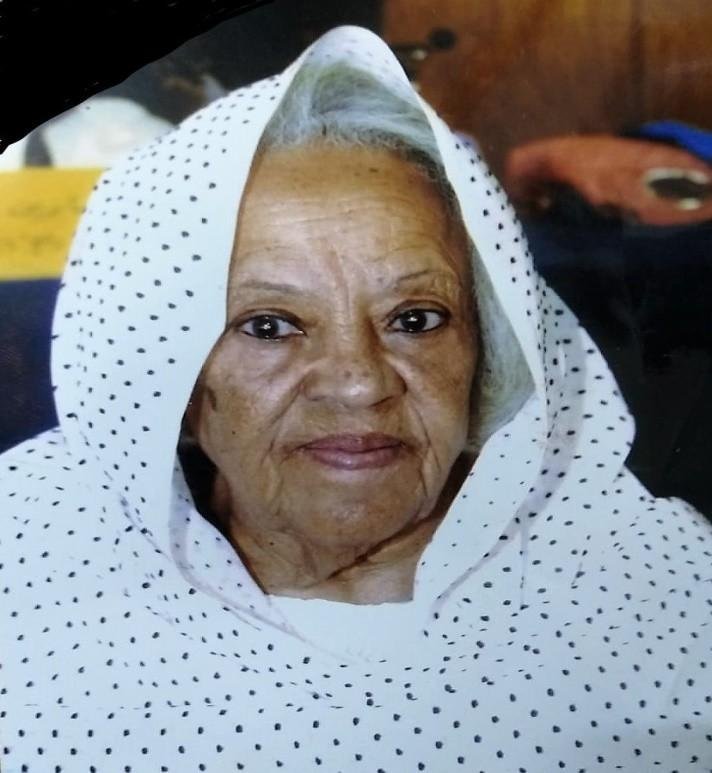
A pioneer in the Sudanese feminist movement, Badri has been involved in shaping and improving the status of women in Sudan. Born and raised in Omdurman, she graduated with a bachelor’s degree in art from the University of Khartoum in 1956. In that same year, she was appointed head of the Sudanese Women’s Union, which she founded along with other distinguished women back in 1952. The Union worked towards women’s freedom, education, equal pay, pension, promotion, the right to choose a husband and other legal and political rights.
In 1956, Badri presented a project calling for the establishment of a women’s section in the Ministry of Labor, which was approved by the undersecretary of the Ministry. She was then appointed as an information officer in the Ministry of Information. However, two years later, she was dismissed from the ministry for political reasons. She created a section in Al-Saraha newspaper titled, ‘باب المرأة و العمل’, which translates to ‘The Door for Women and Work’. She was also an editor of Al Tawfiq Al Tarbawi magazine.
Badri served as the Deputy Secretary-General of the UNESCO National Committee, was founding member of the Sudanese Red Crescent Society, and was a member of the African Adult Education Union. She later worked as a journalist in Rae Al ‘Am newspaper in Italy for four years. She also worked as a teacher in a secondary school in Ethiopia for five years.
In 1958, Badri’s hard work led to her promotion as an official member of the Executive Committee. In 1977, she received her master’s degree in modern history from the University of Cairo. In 1980, she was appointed as President of the Social Welfare Council with the rank of minister. From 1983 to 1990, she served as Head of Mission of the League of Arab States in India and Kenya.
Badri passed away on 14 September 2018 at the age 88 in her home in Omdurman. Badri was not only a mother, sister, grandmother and friend but was also a legend and idol to many young women and men in Sudan.
Sitana Babikir Badri (1929 – 2018)
Born in 1929, Sitana Babikir Badri was a healthcare practitioner, specialising as a Medical Scientist in Omdurman. She was also one of the first female artists in Sudan and a renowned Sudanese artist. Her artistic journey was dedicated to reflect the beauty of Sudanese culture and women. She was recognised for her pioneering role in pushing forward girls education. In January 2018, Sudanese former President Omar Al Bashir awarded Sitana the golden order for science, literature and arts. She passed away at the age of 89 on 28 March 2018.
Sudan also lost…
On 9 December 2018, at least seven officials have been killed in a helicopter crash in eastern Sudan, near Ethiopian borders, which Gedaref State governor, Mirghani Salih; minister of economic resources, Omer Mohamed Ibrahim; army Brigadier General, Youssef Al Tayeb; deputy director of police, Al Nur Ahmed Osman; border coordination official, Salah Al Khabeer; director of the governor office, Magdi Hassan Al Nur; and the director of intelligence, El Rayah Mohy Al Din.
500 Words Magazine would also like to pay tribute to the 22 children who drowned on their way to school when their boat capsized on the Nile River in Bouhayra in Nile State on 15 August 2018.
*Updated on 9 July 2019 to include Sitana Babikir Badri
 Hadeel Mohamed Hamid is a 23-year-old recent graduate of the University of Khartoum – Faculty of Architecture. She is an extreme believer of the importance of culture and tradition in forming and developing a country’s identity. Exploring writing for the first time, Hadeel will delve in topics of society, culture and architecture as well as writing about her own personal experiences growing up as millennial in Sudan.
Hadeel Mohamed Hamid is a 23-year-old recent graduate of the University of Khartoum – Faculty of Architecture. She is an extreme believer of the importance of culture and tradition in forming and developing a country’s identity. Exploring writing for the first time, Hadeel will delve in topics of society, culture and architecture as well as writing about her own personal experiences growing up as millennial in Sudan.

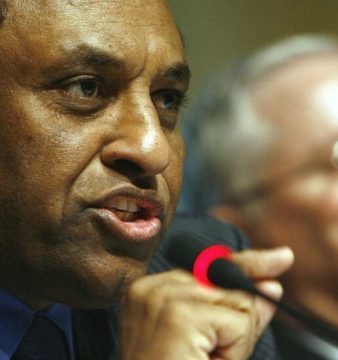



… [Trackback]
[…] Informations on that Topic: 500wordsmag.com/sudan-news/gone-but-not-forgotten-remembering-those-sudan-lost-in-2018/ […]
Dear Hadeel thank you for your efforts. I would like to correct some information you included about Sittana Babiker Bedri. She was not a health practitioner. I add herewith some info.
She was born in Rufa’a in 1929 and studied fine arts in the Institute of Fine Arts (Now known as Sudan University for Science and Technology ). Sge us a piineer in fine arts and was the first Sudanese female artist. She held several exhibition of her work in the US, UK, Egypt and Sudan. She was awarded the honorary doctor degree n Arts by Ahfad University for Women in 2002.
If you send me your email or check Google you will find a picture of her.
Thank you very much
Nafisa Bedri
The daughter of late Sittana Bedri
Hh